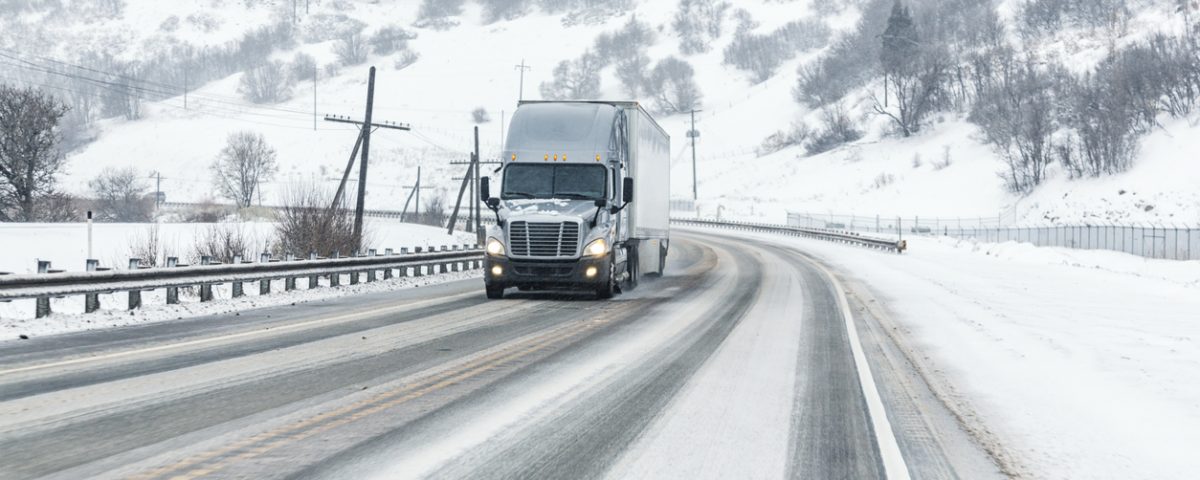
Common Claims for Premium Distribution Services
March 12, 2019
All About Performance Shipping – Motorcycles
March 18, 2019Protecting International Freight from Cold Weather

During the colder climes of winter months, international freight companies must begin to implement procedures to protect goods from the harsh temperatures – and we’re not just talking about liquids, temperature control matters even if the cargo is something as shelf-stable as oatmeal.
While the beginning of winter varies depending on the region, it’s generally between October and March or April. Areas such as the Pacific Northwest, Canada, the Midwest, and the Northeast are typically the freezing regions. To avoid a mishap, we’ve compiled some tips on Protect From Freeze (PFF) services for these colder months.
Know Your Freight
While liquids are naturally vulnerable to damage from the cold, many people are unaware that even dried goods like grains and coffee are just as susceptible. Paint, food products, beverages, batteries, chemicals, pharmaceuticals, and alcohol are among the items that require the most caution and potentially require a narrow range of temperature during transport.
Find the Right Accommodation
Choosing the right type of truck will go a long way in protecting your freight from freezing temperatures – a reefer truck or heated van trailer are two excellent options. Reefer trailers come with a refrigeration unit that maintains the internal temperature of the container. Another fantastic option is a heated warehouse for the driver to park in – although these are not always available.
A cool technique used by some drivers is to idle their trucks, keeping a low level of vibration which not only prevents the cargo from freezing but helps keep the engine in good shape. Ultimately, the type of freight will be a primary determining factor in precisely which accommodations will be best.
Plan Your Route
Knowing your route from the origin to the destination is vital, as temperatures can vary as much as 50 degrees during a single trip. Shortening the driving time as much as possible will help reduce exposure to the elements, or the driver can take a longer route that avoids freezing temperatures – this is usually only done in unusual situations when the temperature on the initial path is frigid.
The Bottom Line
Keeping PFF services as a part of your budget in the international freight industry is vital to success. Failing to deliver cargo in excellent condition could result in a claim that will give you great stress. Regardless of the circumstances, PPLUS excels in ensuring that every shipment reaches its destination unspoiled and undamaged.
